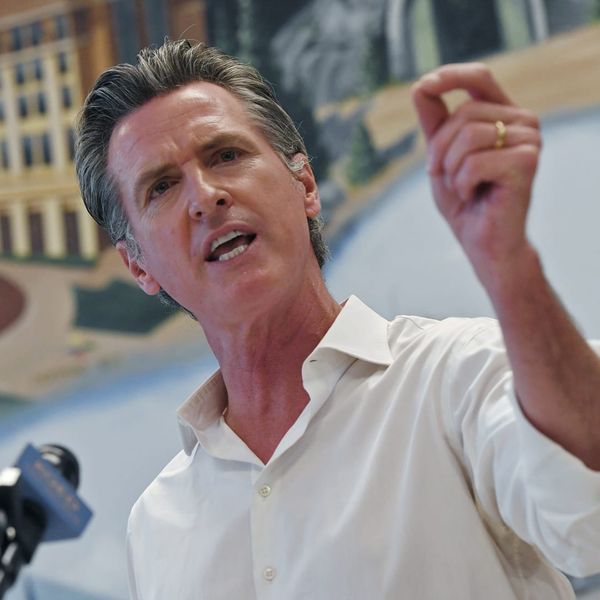
Senator Ted Cruz’s (R-TX) plot to filibuster his own bill is pretty much doomed.
Senate Minority Leader Mitch McConnell (R-KY) opposes the effort, as does Senate Minority Whip John Cornyn (R-TX). That means the junior senator got a lot of attention, but he likely doesn’t have the 41 votes he needs to stop the bill that funds the government without defunding Obamacare from heading back to the House.
If everything goes correctly, and the House doesn’t make any changes to the bill, the president should have a bill to sign by Monday that keeps the government funded, averting a shutdown.
And that’s when the real trouble could begin.
Congress still needs to raise the debt limit before the Department of Treasury runs out of money to pay its own bills sometime in the middle of October. House Republicans are preparing a list of things they want in exchange for authorizing the payment of debts they’ve already approved:
The Washington Examiner‘s David M. Drucker complains:
The package that House GOP leaders plan to unveil when their members return to Washington late Wednesday will be anchored by proposals to simultaneously raise the federal borrowing limit and delay for a year further implementation of the Affordable Care Act. Additionally, the legislation would likely include a collection of previously introduced bills popular among House Republicans and difficult for Obama to dominate, including construction of the job-rich Keystone XL pipeline.
The debt-ceiling package, set for a House vote by week’s end, could include a variety of GOP-friendly economic proposals, including tax reform, Medicare means testing, medical liability reform, an overhaul of the federal employee retirement system, elimination of the Dodd-Frank bailout, the easing of Environmental Protection Agency rules, restrictions on federal regulators and an expansion of offshore energy production.
And President Obama has already explained what he’s willing to give: Nothing.
The president negotiated with House Republicans in 2011 over the debt limit and feels that he sparked a dangerous precedent.
“We’re not going to set up a situation where the full faith and credit of the United States is put on the table every year or every year and a half and we go through some terrifying financial brinksmanship,” Obama said earlier this month. “It would fundamentally change how American government functions.”
Defaulting on our debt is infinitely more dangerous to our economy than a financial crisis. It’s also a much more nebulous concept that Americans don’t understand, largely because it had never been debated before 2011, when that debate cost taxpayers $19 billion and sent global stock markets into a tizzy.
A default of any sort would almost certainly lead to a financial crisis.
Here’s where Ted Cruz comes in. Having had his “Defund Obamacare” plot summarily dismissed by the GOP leadership, he’ll likely try to get House Republicans to reject or at least alter the Senate bill that keeps the government open. If that fails, the Tea Party base that Cruz and his colleague Mike Lee (R-UT) spent all summer riling up will be demanding a fight — even though they’ll likely have won huge concessions from the Democrats on spending.
The pressure to have a massive battle will be immense and the debt limit will be the only thing left to battle over.
That’s why I said earlier in this week that a shutdown would be preferable to a debt limit fight.
New York Magazine‘s Jonathan Chait believes President Obama has no incentive to compromise on the debt limit. “Terrible though it may be, a default may actually be necessary to preserve the Constitutional structure of American government and the rest of Obama’s presidency,” Chait wrote on Tuesday.
His argument is that the president has put his credibility on the line by saying he will not negotiate. And if he doesn’t reject Republican demands this time, they’ll keep coming and a default will be inevitable.
The president does have another option, as readers of The National Memo may remember.
In 2011, President Bill Clinton said he would raise the debt limit on his own and “force the courts to stop me.”
“I think the Constitution is clear and I think this idea that the Congress gets to vote twice on whether to pay for [expenditures] it has appropriated is crazy,” Clinton told our Joe Conason.
The Constitution clearly says that public debt “shall not be questioned.” President Obama has rejected this so-called “Constitutional option.”
But if he’s serious about not negotiating, he should reconsider that position. Americans with jobs, houses and 401(k)s might appreciate it.
Photo: Patrick Feller via Flickr.com








